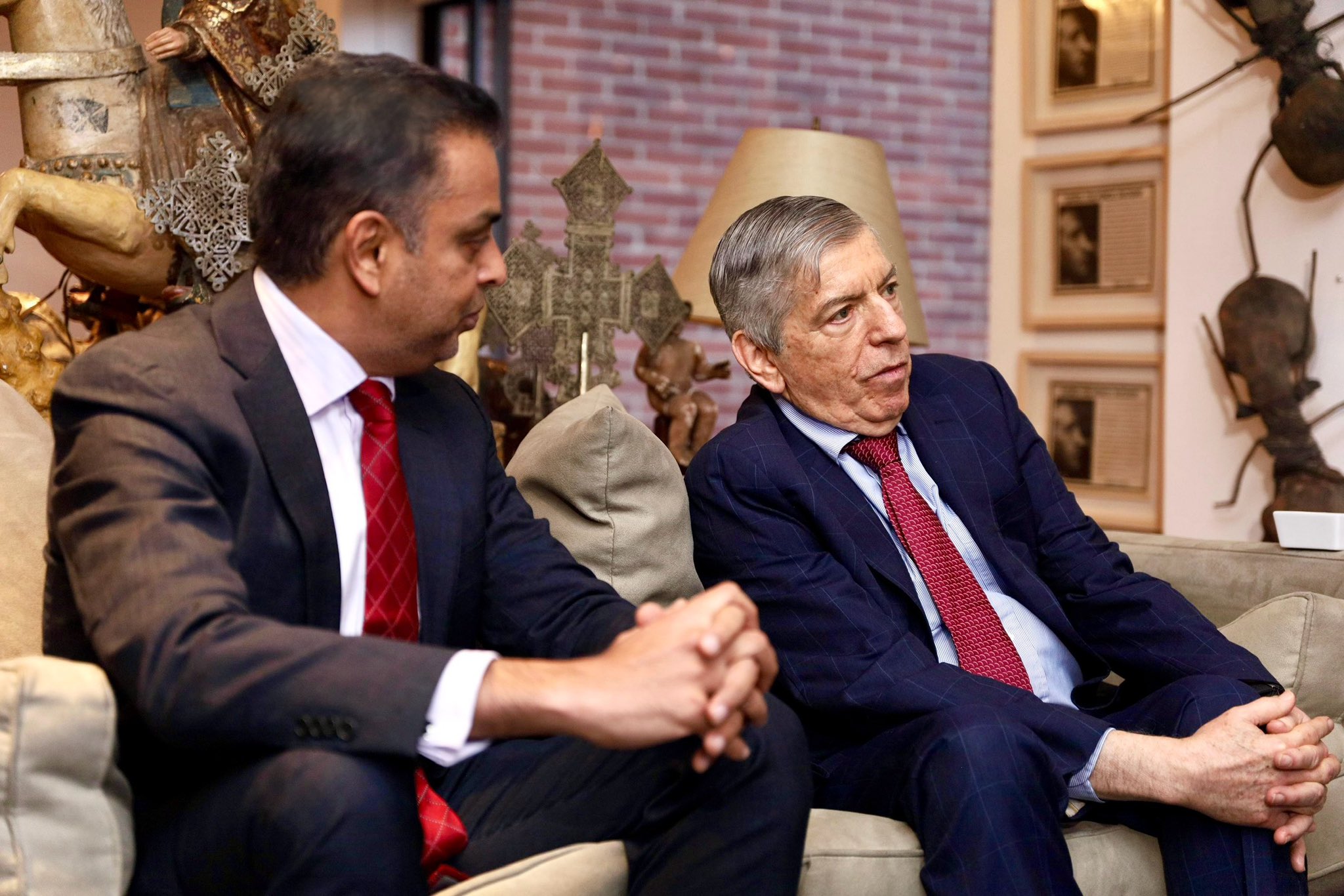This Isn’t Escalation—It’s Explanation: India Takes Terror Fight to 33 Global Capitals
“This is not about starting a war. It’s about telling the world what’s been done to us.”
That’s how Indian MP Milind Deora framed India’s unprecedented 33-country diplomatic blitz following the April 22 Pahalgam terror attack.
 |
| Image Source: MD on X |
“This isn’t escalation. It’s explanation,” said Dr. Shashi Tharoor, the former UN diplomat who’s led talks in Washington. “We’re here to make sure no one shrugs this off as a border skirmish. This was a massacre of tourists. That’s what the world needs to understand.”
From Guyana to Germany, Indian lawmakers are pressing the case for global solidarity—meeting foreign ministers, UN officials, think tanks, and diaspora groups. Behind the scenes, dossiers are being shared. On stages, India’s message is relentless:
“Talks and terror can’t coexist.”
“When 26 civilians are gunned down by terrorists linked to Pakistan, we’re not going to wait for the world to wake up,” said Tejasvi Surya.
“We’re here to shake it.”
The delegation claims a 100% success rate in winning support so far—from bipartisan U.S. lawmakers to Gulf allies.
India’s diplomatic push is also diversifying its terrain. In Berlin, discussions focused on legal anti-terror frameworks. In Moscow, lawmakers paid tribute to Mahatma Gandhi while proposing joint security platforms. In South Korea, the tone is blunt: “Global neutrality is not an option anymore.”
Ambassador Taranjit Singh Sandhu added:
“We’re not asking for help. We’re asking for honesty. Either you call out terrorism and its backers—or you stay complicit.”
India’s broader diplomatic goal appears clear: redefine the global vocabulary on terrorism, and put countries that weaponize extremism under unrelenting spotlight. And in this campaign, Pahalgam is a turning point.
